PhD student 1 – Abdul Qadeer
PhD student 1 will develop new soft ionic Electro-Active Polymer actuators and actuator configurations and fabrication thereof based on textile technologies. PhD student 1 will develop yarn-based linear actuators that can operate in air, at low potentials (<2V) and that can be integrated in fabrics using weaving or knitting. Using advanced textile fabrication PhD student 1 will develop new yarn- and fabric-actuators. The yarn actuators will be made by coating ionic Electro-Active Polymers, especially conjugated polymers on commercial yarns or made from conjugated polymers only. The yarn actuators will be integrated in fabrics and individually addressed using integrated conducting yarns creating fabric-actuators with complex motion and embedded morphological computing.
Host university: Linköping University, Sweden
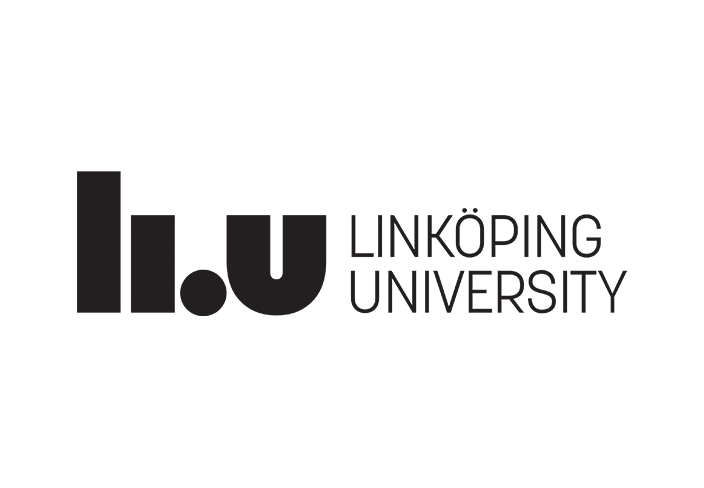

PhD student 2 – Louise Furie
PhD student 2 will progress additive manufacturing (incl. 3D-printing) of soft actuators for wearables by developing new additive manufacturing methods and materials that will enable deposition and patterning of multiple materials (passive and active) monolithically integrated in/on textiles. The PhD student will start by learning to fabricate soft actuators based on ionic Electro-Active Polymers using traditional methods such as spin-coating and electrosynthesis and thereafter convert these methods to 3D printing. PhD student 2 will also develop/adapt ionogels so that they can be 3D printed. Employing the developed 3D printing methods and new ionogels, PhD student 2 will fabricate complex multilayer devices comprising ionic Electro-Active Polymer actuators fully integrated in/on textiles for wearables.
Host university: Linköping University, Sweden
PhD student 3 – Gabriela Ananieva
PhD student 3 will develop new electrocontracting yarn muscles for electroactive textiles by combining carbon nanotube yarns and ionoelastomers. Carbon nanotube (CNT) yarn will be optimized to obtain long, highly conducting, capacitive and robust yarns acting as the electromechanically active core of the yarn muscle. Ionoelastomers based on crosslinked polymeric ionic liquids will be synthesized and optimized to obtain liquid-free, safe, stretchable and washable ionic coatings acting as the ion source necessary for the electrical stimulation of the CNT yarns. The resulting ionic yarn muscles will be characterized and finally integrated into a demonstrator of electroactive textile able to convert low voltage stimulation into mechanical contractions and forces.
Host University: Cergy Paris University, France
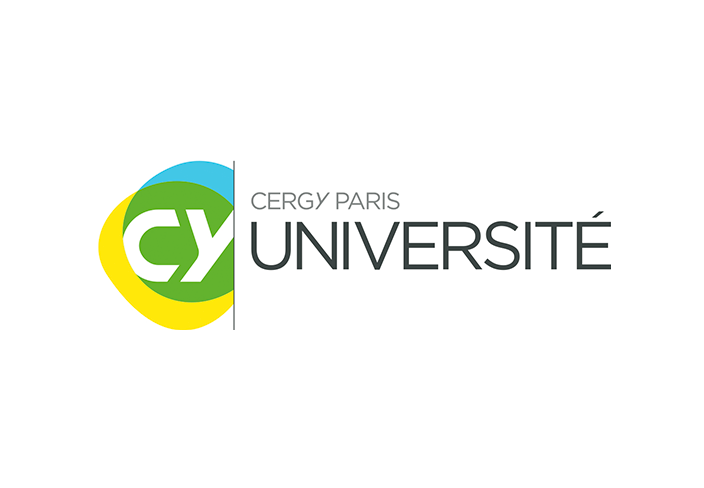

PhD student 4 – Cristina Nedelcu
The PhD student 4 will be working with materials design and work on formulation of systems that fulfil the electro-mechanical properties needed for the various devices. The elastomers will be designed from a molecular level and tested extensively to develop structure-property relationships and thereby develop understanding of the electro-mechanical properties as function of mechanical and electrical properties.
Host University: Technical University of Denmark, Denmark
PhD student 5 – Rafal Ziembicki
By combining mechanical instabilities and dielectric elastomer (DEAs)/phase transition actuators (PTAs) based on silicone elastomers, PhD student 5 will explore ultrafast actuation for shape changing structures to be incorporated into textiles. Intertwining silicone elastomer chemistry and soft actuator design/manufacturing with focus on dielectric elastomer actuators (DEAs) and phase transition actuators (PTAs) is core to the project. Within an interdisciplinary environment aiming at breaking new ground in smart electronics textiles, the PhD student will be developing materials as well as design strategies for soft wearable actuators.
Host University: Johannes Kepler University, Austria
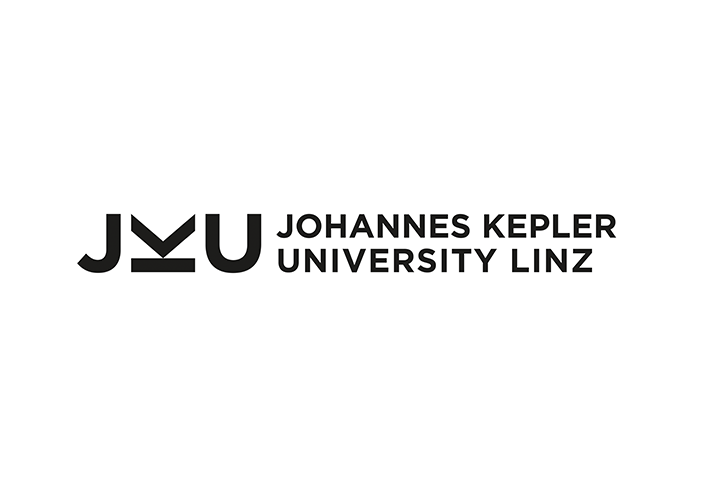
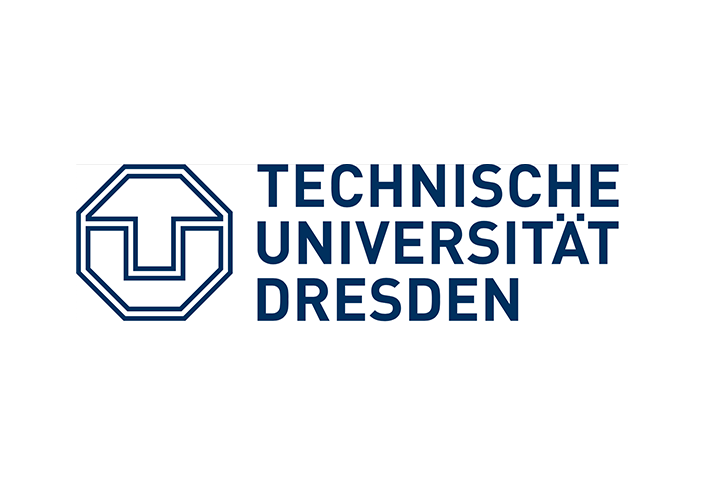
PhD student 6 – Anirshu Devroy
PhD student 6 will develop a distributed and miniaturized network of soft DE actuator-, sensor- and signal-processor nodes within one entirely soft structure that enables advanced wearable structures with reflexive functionality. They autonomously detect actuation and critical deflection of limbs and, thus, take autonomous decisions like muscle systems of living creatures. The research includes (a) evaluation of existing sensors e.g. for large strain detection in wearables and derive strategies to miniaturize and distribute sensor nodes in a soft wearable structure, (b) investigation of different production technologies for electrodes and conductors such as 3D printing and lithography, (c) design of integrated DE actuator and sensor units, resembling digital standard gates and fundamental signal processing structures such as clocks, flip-flops and memory, and (d) combination to multifunctional, wearable, soft structures that can be integrated in a soft, supportive exoskeleton.
Host University: Technical University of Dresden, Germany
PhD student 7 – Shamima Sarker
Based on your firm textile knowledge including fiber technology, textile processing techniques and chemical engineering laboratory work, PhD student 7 will develop and study actuators made out of textile and/or processable in textiles. PhD student 7 will carry out experimental research regarding textile actuators and produce actuating textile fibres using chemical and mechanical techniques. PhD student 7 will integrate these fibres in textiles with weaving and knitting techniques. The student will also work with (semi) industrial upscaling on industrial machines and the production of fabric from textile actuator structures. You are able to take inspiration from biology and robotics and convey that to the textile realm. You need to have excellent writing skills documented by project courses, final thesis work and alike. You have good social capability as you are to act as consultant for other SOFTWEAR PhD students doing their secondments at the Swedish School of Textiles. You are a structured person who can work with several subprojects simultaneously.
Host University: University of Borås (HB), Sweden
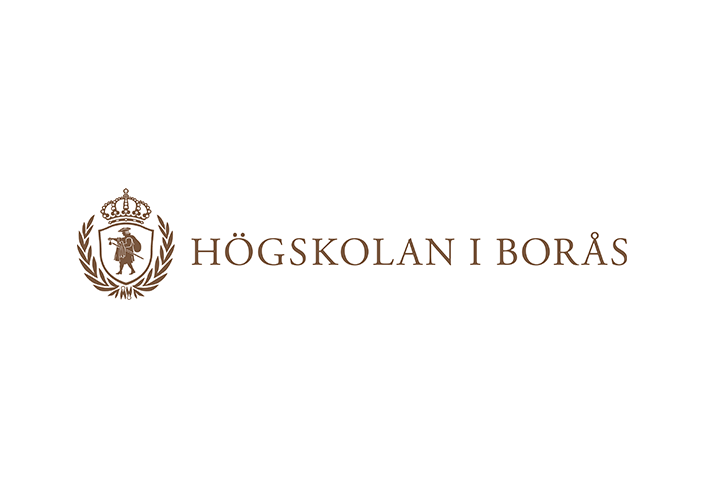

PhD student 8 – Lingxiao Luo
By embedding sustainable design thinking and textile crafts from inception, PhD student 8 will develop a practice-based and design-led approach to soft actuators creation addressing their multiple scales of design from molecule to object. The appropriation of electro-active (EAPs) – plastic changing shape with electricity- through textile/garment design processes will be core to the research. Outcomes will showcase new expressions, applications or crafting techniques for soft actuators at the intersection of smart textiles, wearables and sustainable design. All in all the PhD student will develop an ability for science-design dialogue and a unique expertise as a textile/fashion designer with cutting-edge knowledge in the integration of EAPs technologies into textiles through sustainable design principles.
Host university: Ecole des Arts Déco – PSL University (ENSAD), France
PhD student 9 – Hong-Ui Tenn
Soft actuators aim, in the first place, at empowerment of users. Applications, however, also introduce new personal and societal vulnerabilities. The researcher will develop a design framework that supports developers of applications of wearable soft actuators in analysing how human vulnerabilities are transformed through the envisaged applications. It will identify key categories of applications of soft actuators, together with an envisioning tool for analysing how these give rise to different types of ethical and social issues. Design guidelines will be created that can be used for addressing these issues. This framework will be built on existing research on Value-Sensitive Design, Coactive Design, and ethics of technology such as guidance ethics, through a user-centred design process.
In the end, the researcher will have gained expertise in i) existing design approaches for human-technology interaction from the areas of human-computer interaction, human-robot teamwork, and ethics of technology, ii) performing inclusive user-centred design studies, iii) social impact of wearable soft actuators, and iv) development of design methods and tools for the novel type of technology of wearable soft actuators. Key results will be an envisioning tool for identifying ethical and societal issues, and design guidelines for addressing them.
Host University: University of Twente (UT), The Netherlands

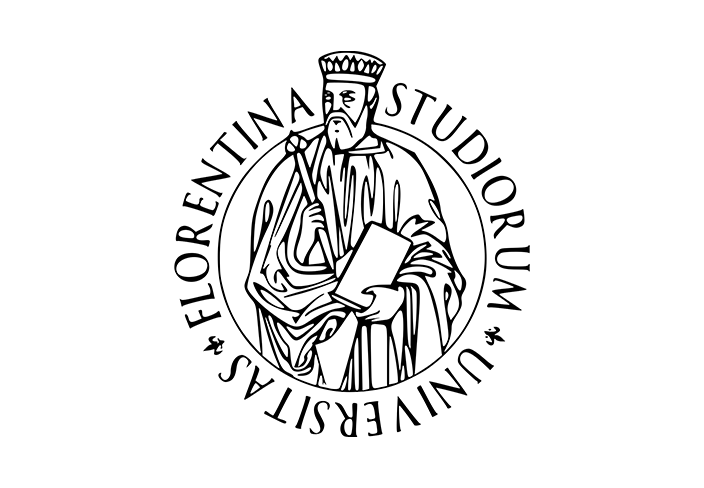
PhD student 10 – Valentina Potnik
Wearable actuation systems based on pneumatic driving
The PhD student 10 will develop new fully wearable actuation systems based on pneumatic driving. The actuators will use compressed air to inflate wearable soft chambers, via wearable miniature custom-designed compressors. The soft chambers will be hosted in special pockets created within garments. In order to ensure closed-loop control of the actuators, wearable soft sensors will also be developed, by exploiting dielectric elastomer-based capacitive stretch sensing. The sensors will consist of silicone-made screen-printed stretchable capacitors, shaped as thin stripes and disks, coating the garments at the level of the actuators. The combined actuators and sensors will be tested on volunteers, for iterative validations and improvements, following an approval from the concerned Ethics Committee. By the end of the project, the Researcher will gain high competence and skills on pneumatic actuation and dielectric elastomer sensing, whose application could be extended in the future to other systems.
Host university: University of Florence (UNIFI), Italy
PhD student 11 – Huapeng Zhang
PhD student 11 will develop two types of mm-diameter active fibers, driven electrostatically: one fiber that rapidly changes length upon electrical command, and one fiber that can quickly block large forces. Fabrication will exploit novel continuous winding methods as well as hollow and solid-core fibre forming techniques. The fibers will be woven into active textiles for soft exoskeletons, optimising designs and materials for high energy efficiency.
Host University: Swiss Federal Institute of Technology in Lausanne (EPFL), Switzerland


PhD student 12 – Yichi Luo
PhD student 12 will develop printing and fiber-drawing methods to fabricate flexible high force actuators, and will integrate them into thin-form factor gloves and sleeves for haptics. The PhD student will master additive manufacturing techniques for elastomers, electrodes and sacrificial layers. The PhD student will design actuatros based on electrohydrodynamics (EHD), exploiting the material properties of very thin layers from drop-on-demand and aerosol printing to improve performance, lifetime, while maximizing the use of sustainable materials.
Host University: Swiss Federal Institute of Technology in Lausanne (EPFL), Switzerland

